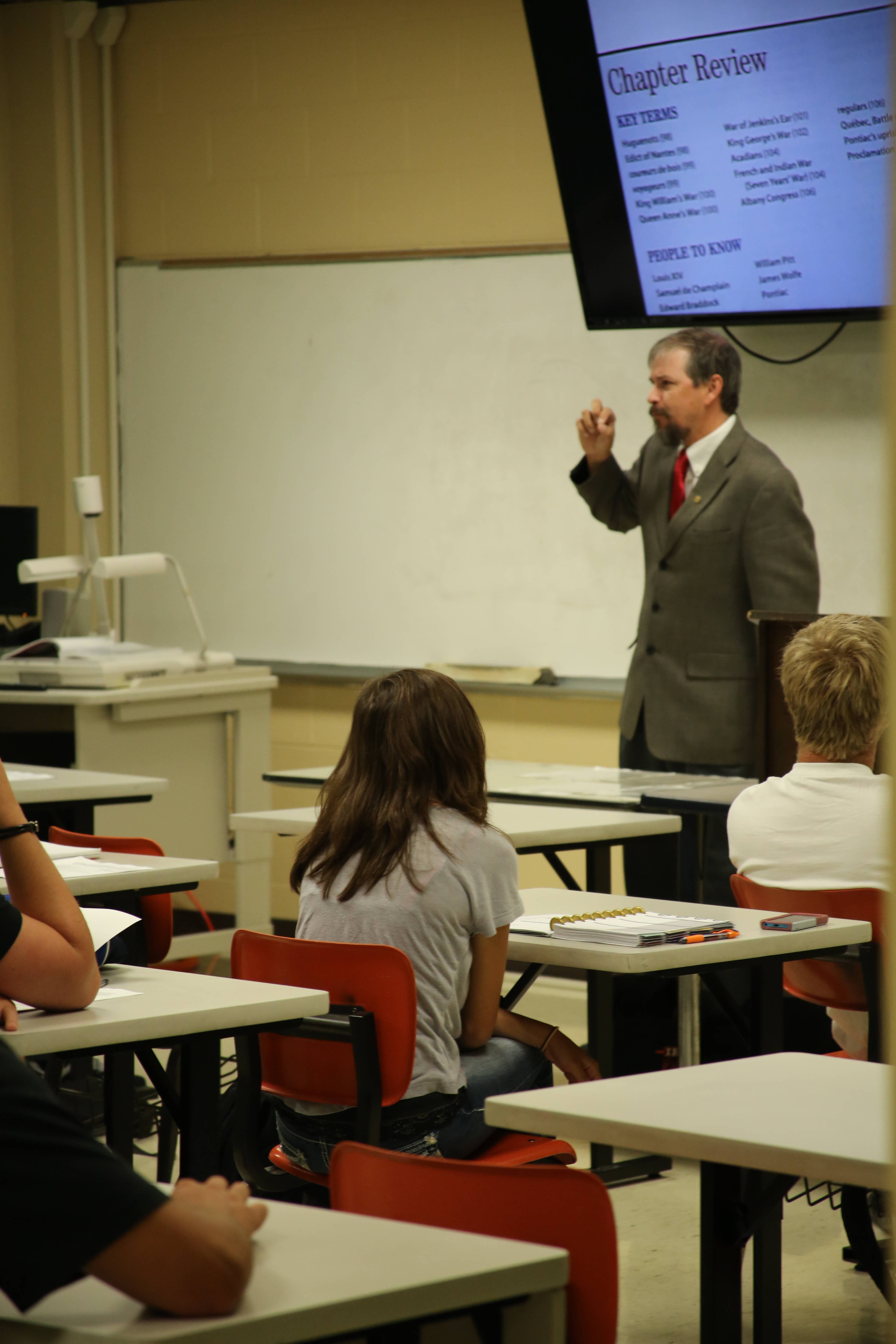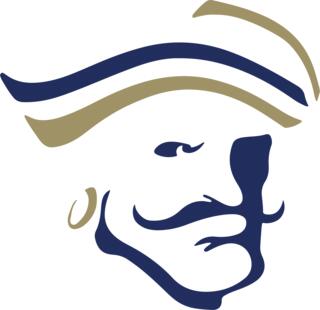Assessment at ICC
Student learning is the cornerstone of Independence Community College's mission and we are committed to continuous improvement in order to provide the best possible service. All members of the institution share responsibility for student learning thus ensuring that the continuous improvement of learning is a collaborative enterprise upon which the success of instruction depends.

Assessment activities are a critical component of successful teaching. Faculty members analyze the results so they can develop strategies to help improve student learning in the future. Faculty are also engaged in the assessment of general education outcomes embedded in their programs. Assessment results help guide faculty as they continuously improve teaching, learning, courses, programs, curriculum, and future assessment.
Student Learning Outcomes
Student Learning Outcomes Assessment is a deliberate, systematic, and collaborative process driven by the College's commitment to improve student learning. It is a purposeful course of action that defines student accomplishments in terms of expected learning outcomes and core competencies. Actual student achievement is measured using established internal standards and external benchmarks. Faculty members develop direct and indirect measures to determine if these outcomes are being achieved. They use tests, research papers, projects, presentations, or standardized examinations to discover how well students who have passed a course actually achieved the expected learning goals. The outcomes assessment process is learning-centered and accumulates data from numerous sources to determine what students know, what skills they possess, how they conceptualize, and how they will continue to learn. The overall goal of assessment is to create a quality learning environment under ideal conditions through the use of best practices that inspire creativity, innovation, and critical thinking.
General Education Outcomes
- Analysis and Oral Communication - Students will be able to communicate effectively and integrate from credible sources.
- Mathematics and Science - Students will be able to process numeric, symbolic, and graphic information to predict phenomena in the natural world and apply appropriate problem-solving techniques.
- Fine Arts and Aesthetics - Students will be able to identify expressive qualities and elements of fine arts.
- Cultural Studies - Students will be able to articulate an understanding of tolerance of cultural diversity.
- Health and Well-Being - Students will be able to articulate a connection between human behaviors and their impacts on well-being.
- Human Heritage - Students will be able to demonstrate an understanding of the broad diversity of the human experience.
- Social and Political Awareness - Students will be able to explain the impact of societal structures on their lives.
- Business and Technology - Students will be able to explain concepts of financial systems and/or use current tedchnology efficiently and responsibly.
Program Learning Outcomes
All programs have identified learning outcomes that describe the knowledge, skills, and attitudes that students develop through successful completion of the program. Program Outcomes are listed on the college website.
Assessment at ICC is based on the following principles:
- Assessment is an ongoing process that leads to change and improvement.
- Assessment is not a task solely performed as a requirement of accrediting agencies - the reason for assessment is improvement.
- The use of data to support change leads to the most meaningful improvements.
- Assessment raises as many questions as it answers.
- Assessment focuses the attention of the College on continuous quality improvement.
Assessment Committee
Mission
Provide recommendations and implementation that move the College toward a comprehensive outcomes assessment culture.
Duties
Provide educational programs to the campus regarding outcomes assessment theory and practice. Adopt at least one annual assessment project or component of a multi-year project, and coordinate that project to completion. Recommend College policy regarding implementation of outcomes assessment.
This site provides information using PDF, visit this link to download the Adobe Acrobat Reader DC software.

